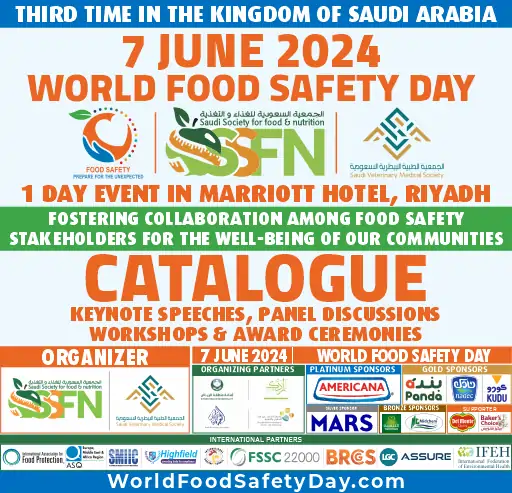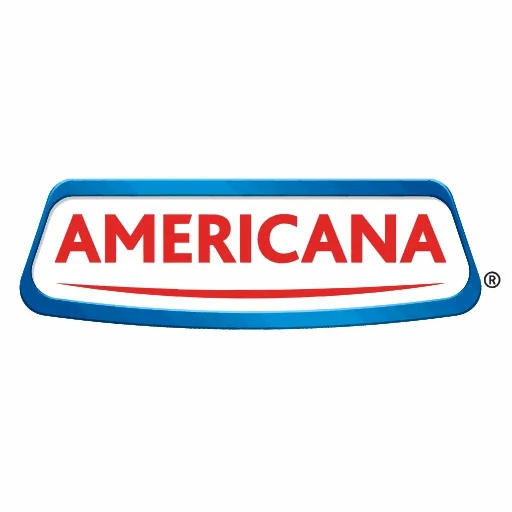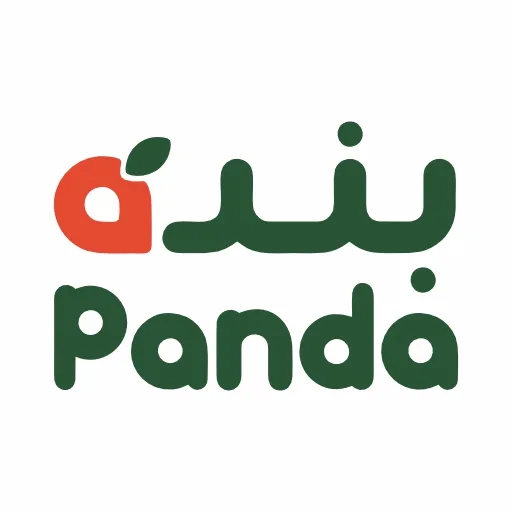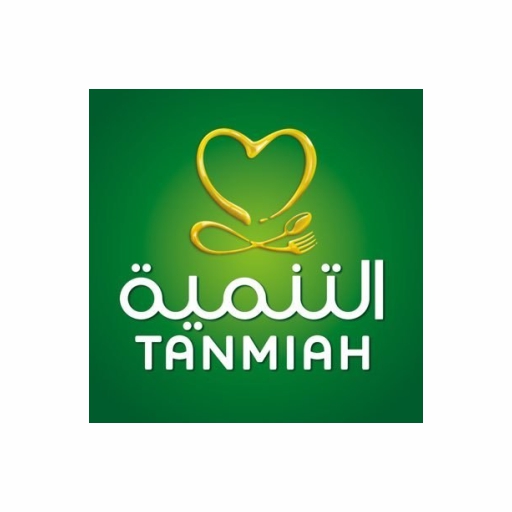Join the global movement towards safer food by registering now for World Food Safety Day 2024. Learn from experts, participate in events, and make a difference in the way we produce, handle, and consume food.
Make a difference in the global food safety movement by becoming a member of the World Food Safety Day 2024 Management Team. Help plan and execute events, collaborate with experts and stakeholders.
Make a difference in the world by sponsoring World Food Safety Day 2024. Join the global effort to ensure safe food for all and gain exposure for your brand. Contact us now to learn more.
Submit your application for the World Food Safety Day 2024 Awards and get recognized for your contribution to improving food safety. Award categories include innovation, research, leadership, and more.
Food safety saves lives. It is a crucial component of food security and plays a vital role in reducing foodborne diseases. Each year, approximately 600 million people fall ill due to around 200 different types of foodborne illnesses. The burden of these illnesses falls most heavily on the poor and the young. Furthermore, foodborne illnesses are responsible for 420,000 preventable deaths annually.
Our last year event was posted on Global Food Safety Day website by the FAO/WHO and Codex.
We are glad to see that our event is posted on Global Food Safety Day website by the FAO/WHO and Codex.

For additional information about WFSD 2024, download World Food Safety Day 2024 booklet.
When you eat, how do you know your food is safe? You have probably washed your hands, cleaned your kitchenware and cooked your food to the right temperature, all good food safety practices. You have probably read food packaging labels to see what ingredients the product contains or how to cook it. And perhaps without realizing it, you have trusted everyone involved in growing, processing, packaging, distributing and preparing your food in the right way so that you can enjoy it without falling ill. Your food was safe and your trust justified because the people involved in making your food – whether close to your home or on the other side of the world – followed established food safety practices, which are transparently available in the form of standards. In other words, food standards form the bedrock of trust for all of us.
They provide guidance on hygienic food handling for farmers and processors. They define the maximum levels of additives, contaminants, residues of pesticides and veterinary drugs that can safely be consumed by all. Furthermore, standards specify how the food should be measured, packaged and transported to keep it safe. Thanks to the application of standards on things like nutrition and allergen labelling, consumers can know whether the food will be good for them.
Most governments and organizations adopt and enforce food standards that are based on scientific risk assessments, covering hazards that are biological, chemical and physical in nature. The standards can be developed by individual governments or organizations, or by regional or intergovernmental standard-setting bodies. One such international food safety and quality standard-setting body is the Codex Alimentarius Commission, or Codex for short. Codex is the place where representatives of 188 Member Countries and 1 Member Organization (the European Union) work together to make sure food is safe.
In 2023, as Codex turns 60, we celebrate food standards for defining the path to safe food for everyone everywhere.
Food supply chains involve several people: producers, processors, transporters, distributors, retailers, cooks as well as consumers. At every point in the chain, there are hazards that can cause contamination. Everyone involved at the various stages has a responsibility to keep food safe.
There are five calls to action on World Food Safety Day:







